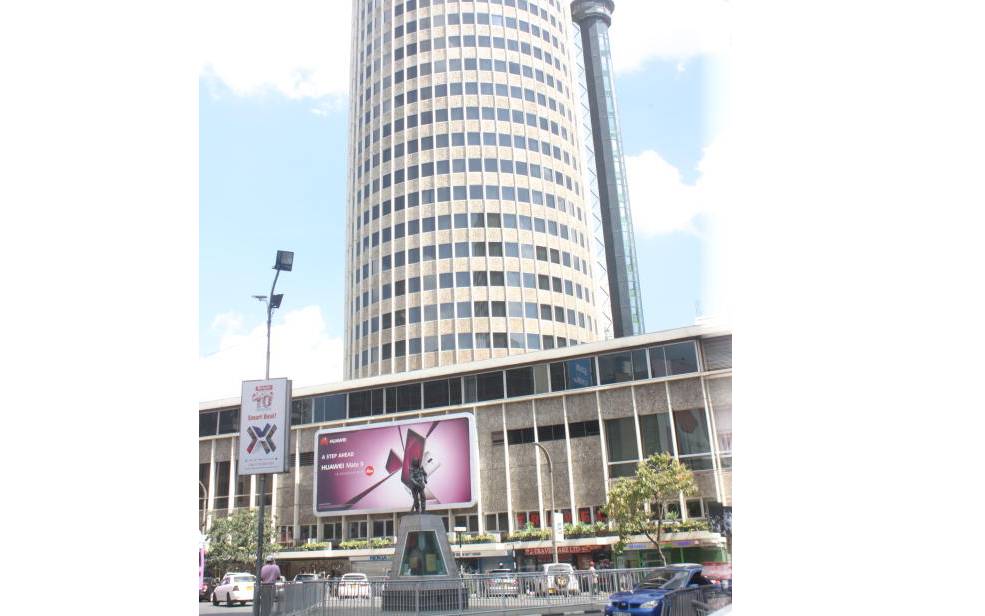×
The Standard e-Paper
Stay Informed, Even Offline

On the eve of travel, there is probably a couple of things you will be doing. In addition to ensuring your friends are aware you will be out of town, you will be confirming the credentials of the hotel you intend to stay in.
These are prices, proximity from your destination, and, most likely, the ratings and reviews of the hotel.







